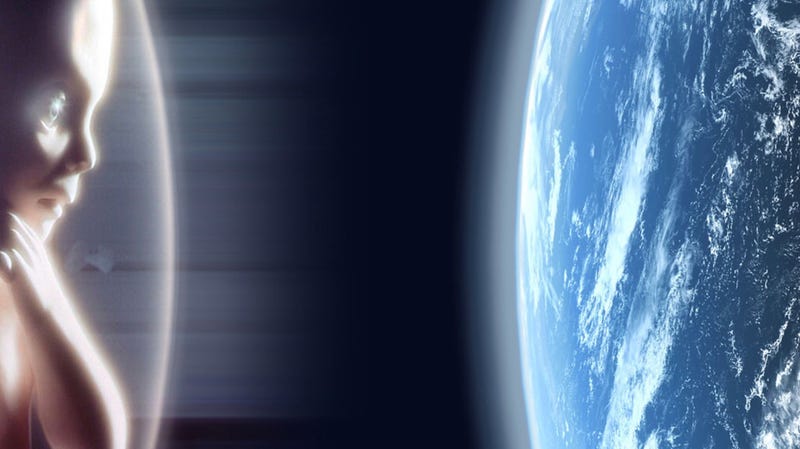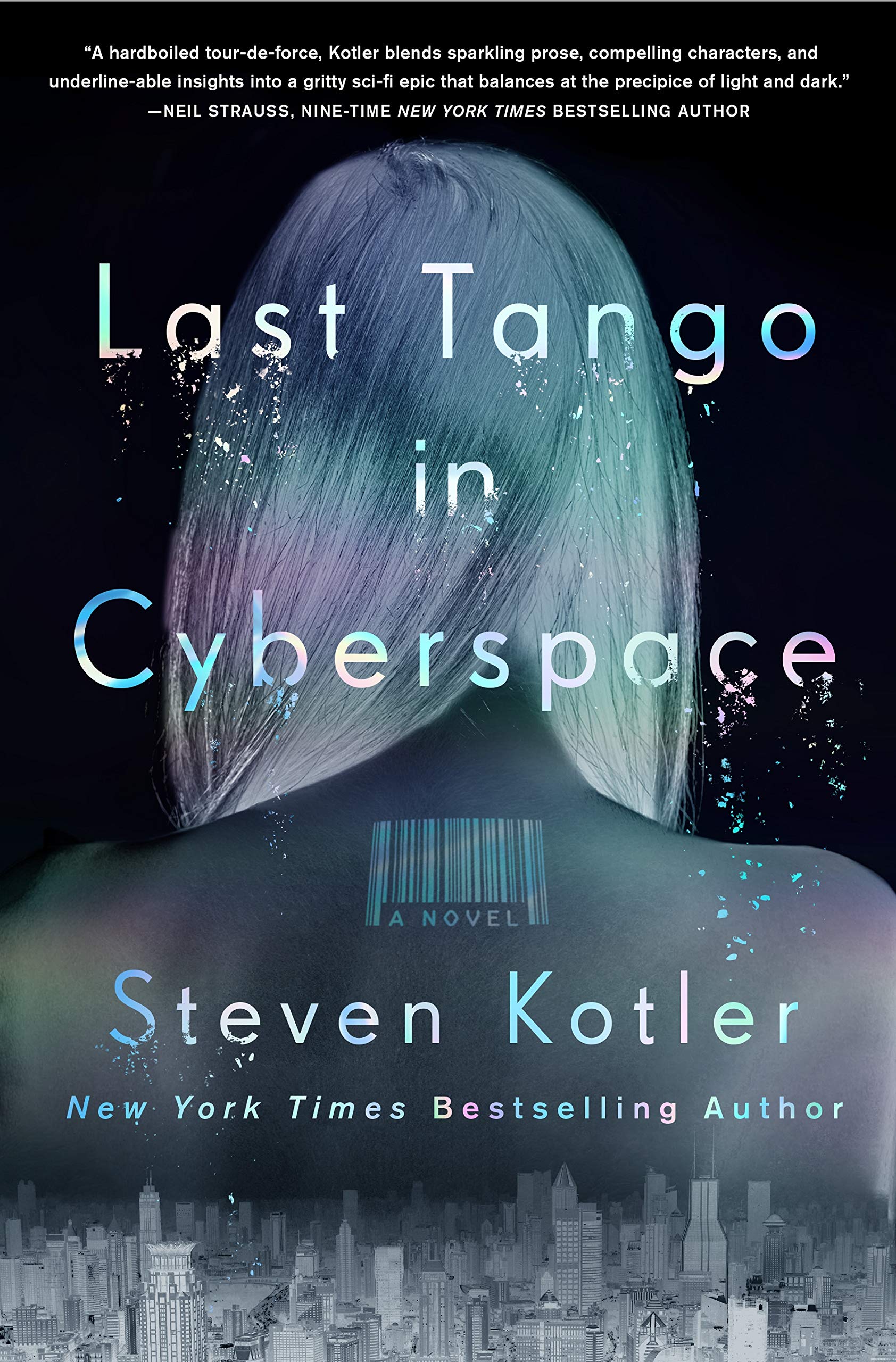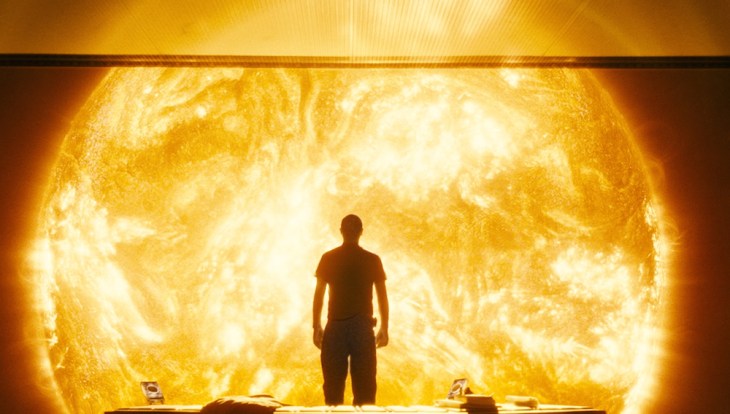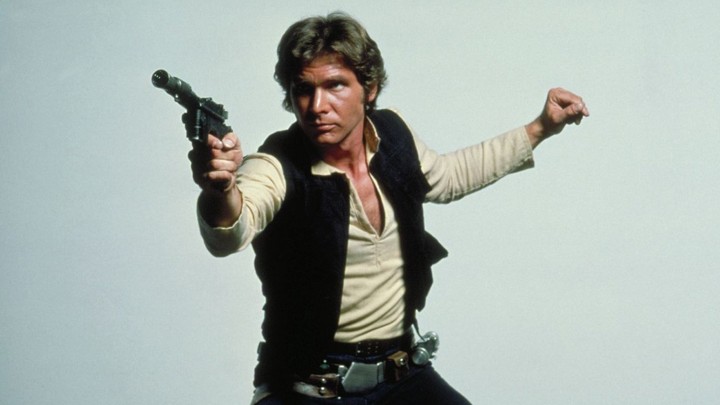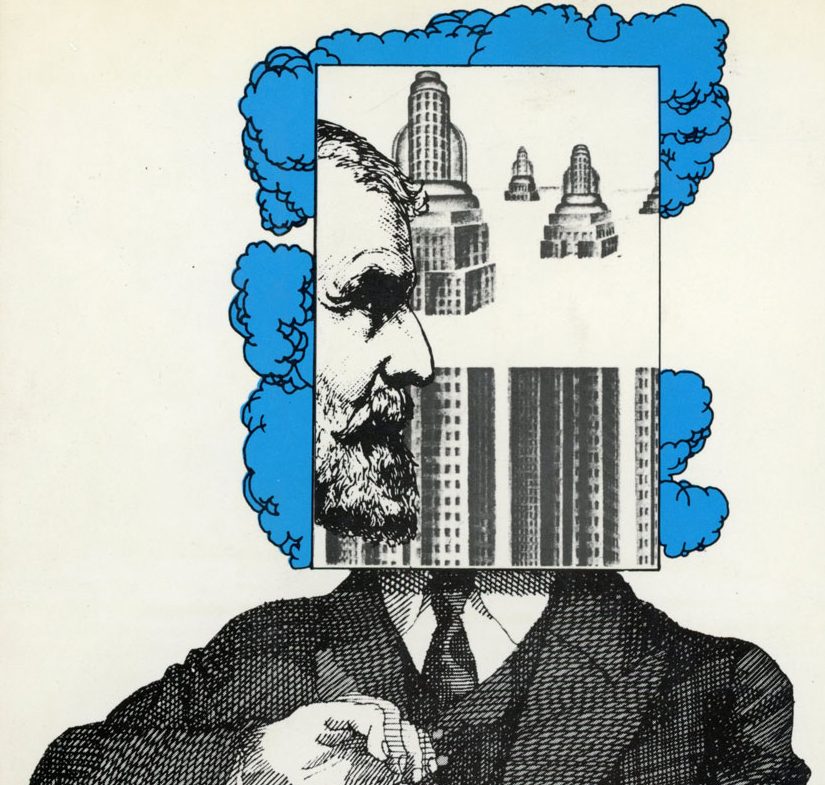
In Ursula K. Le Guin's The Lathe of Heaven George Orr is treated by the psychiatrist William Haber. Orr is an effective dreamer. Whatever he dreams becomes reality. But he remembers the reality that existed before his dreams. So, he's viewed as a madman, talking about multiple realities that never existed. Haber uses a machine to increase the strength of Orr's effective dreaming and the alteration of reality increases. Weird notches up rather quickly. Aliens appear as a result of one dream. The nuclear destruction of all human society occurs in another. Haber starts using his machine to create effective dreams to change reality and a battle of effective dreaming ensues. Orr's ability to effectively alter reality proves stronger than Haber's. And Orr is able to return reality to a state that's somewhat normal by the end of the book.
